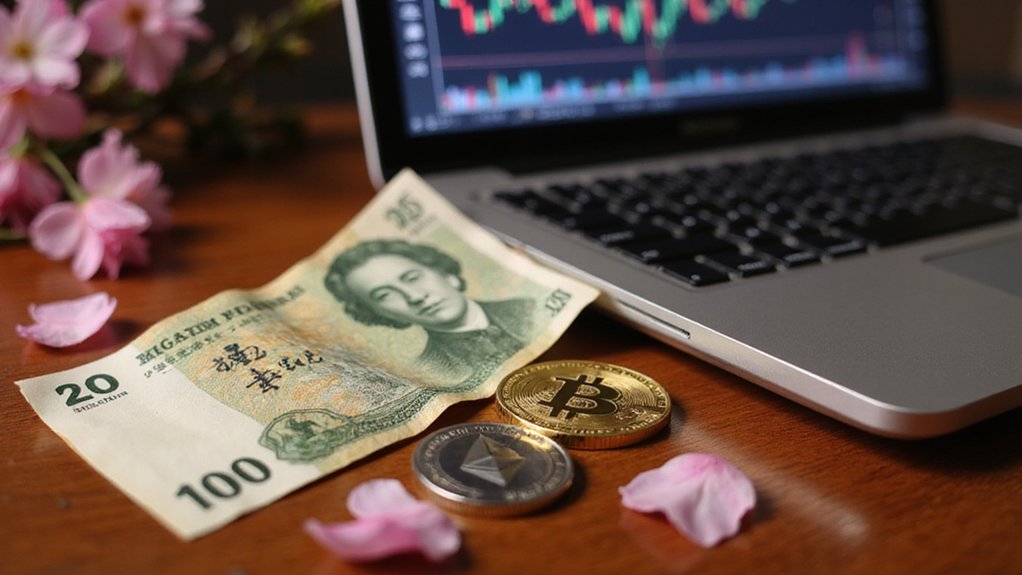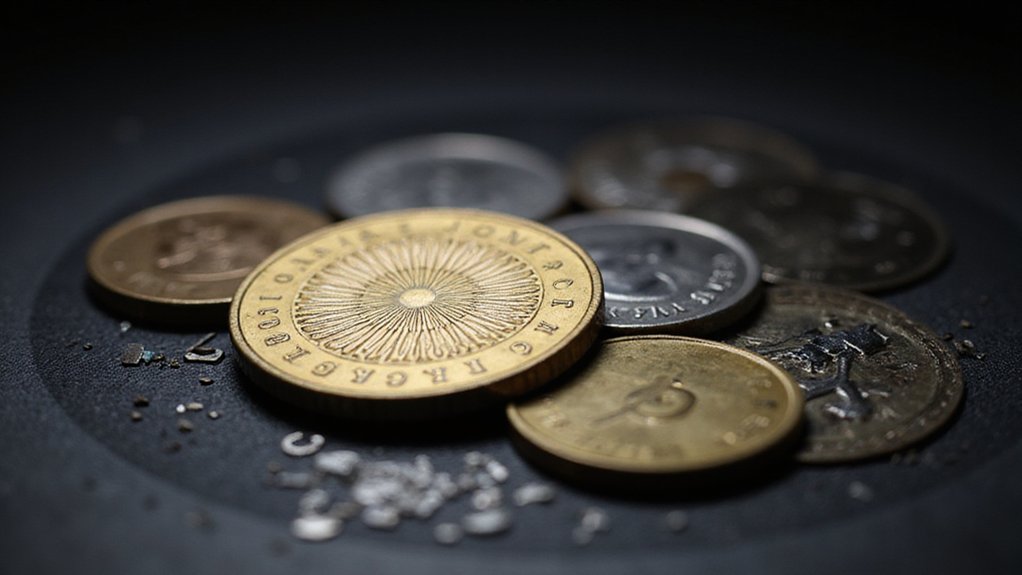While most nations grapple with how to regulate cryptocurrency without stifling innovation, Japan has taken the rather bold approach of taxing crypto gains at rates that would make even the most aggressive revenue collector blush—up to 55% when combining national and local taxes.
This punitive structure, which treats cryptocurrency profits as “miscellaneous income” rather than capital gains, has effectively created a digital asset penalty box where successful traders face marginal rates that exceed those of traditional securities investments by a factor of nearly three.
The current regime’s peculiar logic dictates that while stock market gains enjoy a civilized 20% flat rate, cryptocurrency profits must endure the full weight of Japan’s progressive tax system (ranging from 5% to 45%) plus an additional 10% inhabitant tax.
This approach has the curious effect of punishing digital asset investors for their choice of asset class rather than their investment success—a distinction that seems increasingly arbitrary in an era where the line between traditional and digital finance continues to blur.
Recognition of this regulatory anachronism has finally prompted Japanese policymakers to propose a thorough reform targeting the 2026 fiscal year.
The proposed changes would slash the maximum crypto tax rate from 55% to a flat 20%, aligning digital assets with securities under the Financial Instruments and Exchange Act rather than the Payment Services Act.
This reclassification represents more than mere administrative shuffling; it signals Japan’s intent to treat cryptocurrencies as legitimate financial instruments rather than exotic curiosities.
The reform’s potential impact extends beyond individual tax savings.
With over 12 million Japanese accounts holding more than ¥5 trillion in cryptocurrencies, the current tax structure has effectively discouraged retail participation while creating compliance nightmares for investors managing diverse digital portfolios. Investors seeking stability during market fluctuations have increasingly turned to stablecoins as a safer alternative, offering a temporary refuge from volatile cryptocurrency swings while maintaining exposure to digital assets. The timing of this reform coincides with Japan’s expanding crypto market, which now features 32 registered exchange providers as of April 2025. Additionally, corporations holding crypto assets currently face a flat 30% fee on their holdings regardless of whether they’ve realized any profits, creating further disincentives for institutional adoption.
The proposed flat rate would eliminate the absurd situation where crypto investors face higher tax burdens than their traditional counterparts, potentially facilitating institutional investment and enabling new financial products like spot crypto ETFs.
This shift reflects Japan’s broader ambition to increase cashless transactions to 40% by 2025, leveraging blockchain innovation rather than inadvertently penalizing it through Byzantine tax codes.









